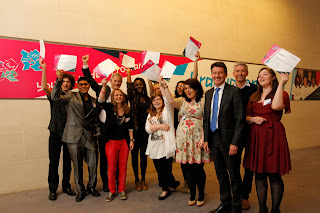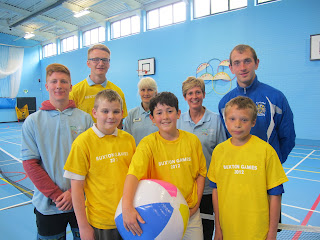Prospective teachers will have to sit new
tougher tests in English, maths and reasoning - as part of the government’s
drive to raise standards in the education system.
The changes – recommended by an independent
review group of leading head teachers and education experts – would see
calculators banned from the new mathematics tests and pass marks in English and
mathematics raised.
Trainee teachers currently have to pass basic
skills tests in literacy and numeracy. Until this September, they took the
tests only towards the end of their training course and were allowed unlimited
re-sits.
Latest figures show that around 98 per cent
of trainees passed the tests. Candidates have already been limited to two
re-sits for each test from this September, and the pass mark has been raised.
Chaired by head teacher Sally Coates, the
Skills Test Review Panel has now recommended:
•
the current tests are
strengthened
•
the pass mark for the English and
mathematics tests is raised again, to the equivalent of GCSE grade B;
•
a new test for verbal, numerical
and abstract reasoning
The education secretary Michael Gove said: “The
evidence from around the world is clear – rigorous selection of trainee
teachers is key to raising the quality and standing of the teaching profession.”













